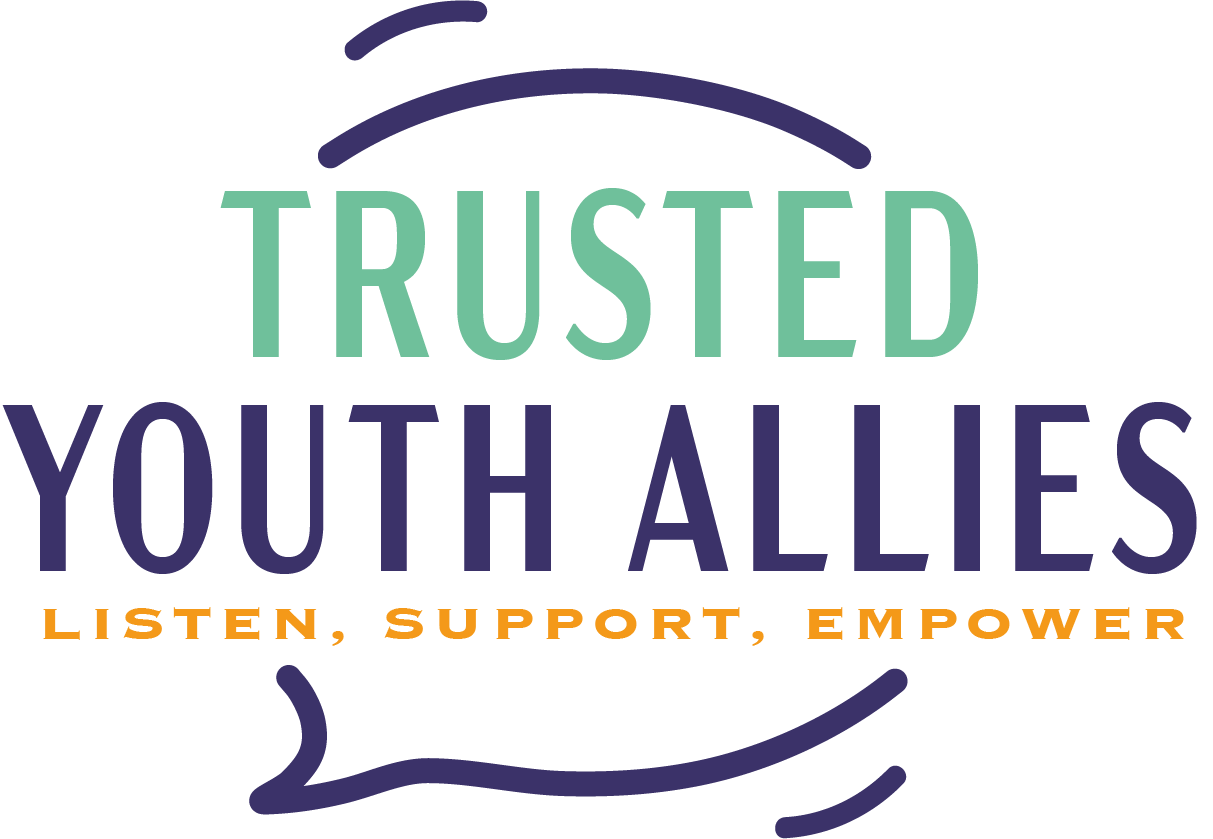Recovering from traumatic experiences can be challenging, but it’s possible to heal and move forward with resilience and strength. This guide offers practical advice and strategies to help young people navigate their journey of recovery and rebuild their lives after trauma.
1. Acknowledge Your Feelings:
Validation: Traumatic experiences can evoke a range of intense emotions, such as fear, sadness, anger, and confusion. These feelings are normal reactions to abnormal events. Understanding that your emotions are valid and natural is the first step toward healing.
Expression: Finding healthy outlets to express your emotions can facilitate healing. Journaling, talking to a trusted friend or adult, or engaging in creative activities like art or music can help process and release pent-up emotions.
2. Seek Support:
Reach Out: It’s essential to reach out for support when you’re struggling. Trusted friends, family members, teachers, or counsellors can offer understanding and guidance during difficult times.
Professional Help: Consider seeking therapy or counselling from a trained mental health professional specialising in trauma recovery. They can provide psychoeducation about the effects of trauma, teach coping skills, and offer a safe space for processing your experiences.
There are also plenty of websites and helplines that can offer support, such as:
Mind:
InfoLine: 0300 123 3393
The Mind InfoLine can help you find specialist services in your area.
Shout:
For immediate support text SHOUT to 85258 to chat by text to a trained and supervised volunteer. Free, confidential and available 24 hours a day, 365 days a year.
The Mix:
The mix provides one-to-one chat and messenger services, discussion boards and information for young people.
Victim Support:
https://www.victimsupport.org.uk
Call Supportline on 08 08 16 89 111
Victim Support is an independent charity dedicated to supporting victims of crime and traumatic incidents in England and Wales.
Kooth:
Kooth is an anonymous site which helps children and young people feel safe and confident in exploring their concerns and seeking professional support.
Young Minds:
YoungMinds are a mental health charity for children, young people and their parents, making sure all young people can get the mental health support they need.
3. Practice Self-Care:
Prioritise Your Well-Being: Taking care of yourself is crucial for recovery. Make self-care a priority by getting enough sleep, eating nutritious meals, and engaging in activities that bring you joy and relaxation.
Mindfulness: Practicing mindfulness techniques, such as deep breathing, meditation, or progressive muscle relaxation, can help calm your nervous system and reduce symptoms of anxiety and stress.
4. Set Goals and Take Small Steps:
Set Realistic Goals: Break down your recovery process into manageable steps. Setting realistic goals and achieving them gradually can boost your confidence and sense of accomplishment.
Celebrate Achievements: Acknowledge and celebrate your progress, no matter how small. Recognise your resilience and determination in overcoming challenges.
5. Challenge Negative Thoughts:
Cognitive Restructuring: Trauma can distort your thoughts and beliefs about yourself and the world. Learning to challenge negative thoughts and replace them with more balanced and realistic ones can promote healing and resilience.
Positive Affirmations: Practice positive affirmations to counteract negative self-talk. Remind yourself of your strengths, resilience, and capacity for growth.
6. Engage in Meaningful Activities:
Hobbies and Interests: Engaging in activities that bring you joy and fulfilment can enhance your well-being and a sense of purpose. Whether it’s sports, art, volunteering, or spending time in nature, find activities that resonate with you.
Connection: Building connections with supportive individuals who share your interests and values can provide a sense of belonging and validation. Surround yourself with positive influences and nurturing relationships.
7. Practice Self-Compassion:
Be Kind to Yourself: Trauma can leave lasting emotional scars, but it’s essential to treat yourself with kindness and compassion. Be patient with yourself as you navigate your healing journey.
Practice forgiveness: Forgiveness after traumatic experiences is a deeply personal and complex journey. It’s crucial to acknowledge that forgiveness may not always be necessary or feasible in every circumstance. Trauma survivors often wrestle with conflicting emotions and challenges regarding forgiveness, and there is no universal solution. However, embracing forgiveness, both for oneself and those implicated in the trauma, can alleviate emotional burdens and nurture inner tranquillity by releasing feelings of resentment and anger.
Conclusion:
Moving forward after traumatic experiences is a gradual process that requires patience, self-compassion, and resilience. By acknowledging your feelings, seeking support, practising self-care, setting goals, challenging negative thoughts, engaging in meaningful activities, and practising self-compassion, you can rebuild your life and find hope and healing on the path to recovery. Remember, you are not defined by your past experiences, and brighter days lie ahead as you continue to grow and thrive.
